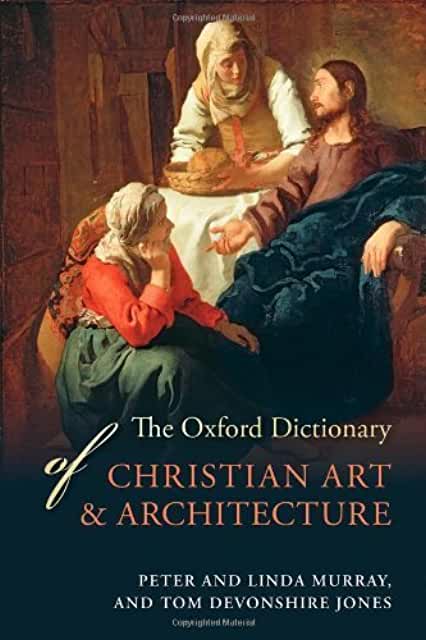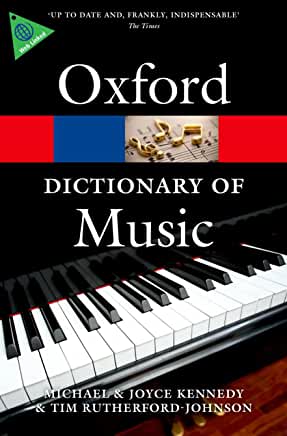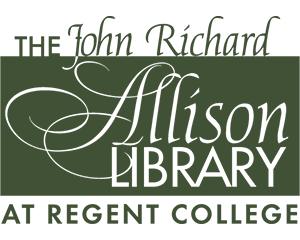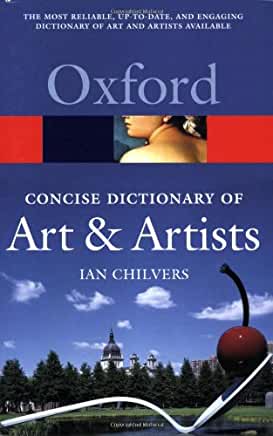Arts Research Guide
 Processing Request
Processing Request
When starting an Arts assignment, it is critical to engage recent scholarship (published within the last ten years at most) in order to participate in current, rather than past, conversations. However, if performing in-depth research on a piece of creative work, students must also gain a basic understanding of the ongoing academic conversation that surrounded it over the past century. Though it is not necessary to know the name of every key critic, it is wise to have a sense of the most popular or influential claims made about this work in modern times, because these are often what recent scholarship is responding to. To do this, look for seminal biographies of the artist as well as any works or scholars, which are continually mentioned or footnoted in recent articles or books.
When struggling to find general or specific resources about a topic, ask a library staff member at Regent or a reference librarian at UBC for help.
In the Allison Library, literature resources are located in the P section, which is on the far right hand side of the library behind the reference section. World Literature call numbers begin with PA, British with PR, and North American with PS.
Students may want to refer to the Norton Anthology volumes (as well as similar publications), which have bibliographies in the back listed by author and work, thus showing a summary of the most influential scholarship about a topic. For more detailed bibliographies accessible online, see MLA International Bibliography and Oxford Reference Online.
To find sources, begin with the Allison Library or UBC Discovery search function (through the main library websites), which searches both catalogues and databases at the same time. Often, it is best to begin looking at monographs and then specific journal articles once a narrower research idea has been identified.
Students may also find the Oxford English Dictionary to be helpful, since it gives complete background and history of usage for individual English words, as well as the Dictionary of Literary Symbols, which explains the history and background of specific common literary symbols, mainly in English literature.
For more help, see https://guides.library.ubc.ca/english
In the Allison Library, visual art resources can be found under N call numbers, shelved on the right-hand side of the library, behind the reference section.
The following monographs are a good place to start:

The Oxford Dictionary of Christian Art and Architecture
Tom Devonshire Jones, Linda Murray, Peter Murray, eds.
This work shows the scope and direction for any research on sacred art.
The Concise Oxford Dictionary of Art and Artists
Ian Chilvers
This source presents art outside of the religious realm.
To find images, start with Artstor, which is a large, easy-to-navigate database of images cleared for educational use. Oxford Art Online can be used for the same purposes, as well as for sourcing peer-reviewed research on many works.
To find articles, begin with the International Bibliography of Art, which is a fairly comprehensive source for scholarly research on western art, including abstracts, reviews, and articles. For research on older western art or shifts in art history itself, see the Bibliography of the History of Art which covers art from the fourth century onward. For research projects focused on contemporary art, ARTbibliographies Modern has a fairly comprehensive scope and depth of resources. Check JSTOR and Project Muse for a more interdisciplinary focus.
See the UBC website for how to cite images and other help: https://guides.library.ubc.ca/art
In the Allison Library, music resources are located under M call numbers, shelved on the right-hand side of the library, behind the reference section.
When starting research, try using the Oxford Music Online (also called Grove Music Online), which contains the complete Grove New Dictionary of Music and Musicians.
The following may also be useful:

The Oxford Dictionary of Music
Michael Kennedy
Oxford: OUP, 1985.
Last, the Oxford History of Western Music Online gives a good sense of musical pieces and periods placed within their historical and cultural context.
To find resources, try using the Music Index Online, which is a comprehensive guide by subject and author to all available music literature, or RILM Abstracts of Music Literature, which is a complete bibliography with access to a wide range of music research. For more comprehensive research, see international journal Music Theory and Analysis (MTA) for the most recent developments in music theory.
Often, the best way to find a specific resource is to use Summon on the UBC library website.
For accessing sound recordings and other guidance see https://guides.library.ubc.ca/music


